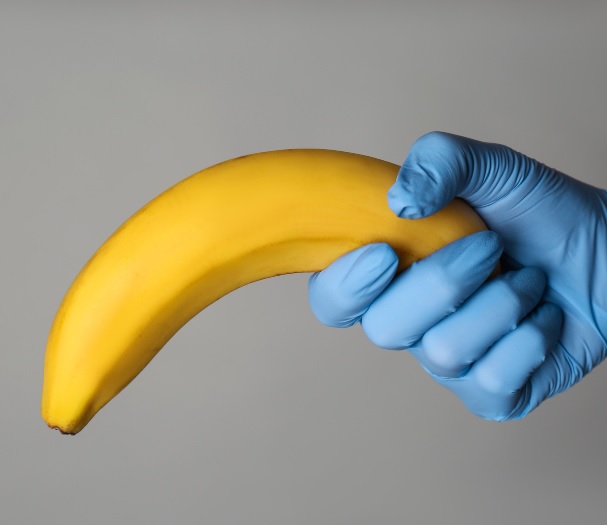What is Finasteride?
Finasteride is a medication that is primarily used to treat two common conditions in men:
Benign Prostatic Hyperplasia (BPH)
Benign Prostatic Hyperplasia (BPH)
Finasteride is approved for the treatment of benign prostatic hyperplasia, which is the medical term for an enlarged prostate. In men with BPH, the prostate gland becomes larger than normal, leading to symptoms such as difficulty urinating, weak urine flow, and frequent urination.
Finasteride works by inhibiting the activity of the enzyme 5-alpha reductase, which converts testosterone into dihydrotestosterone (DHT). By reducing DHT levels, finasteride can shrink the prostate gland, relieving symptoms associated with BPH.
Male Pattern Baldness (Androgenetic Alopecia)
Male Pattern Baldness (Androgenetic Alopecia)
Finasteride is also used to treat male pattern baldness, a condition characterized by hair loss at the top and front of the head. Similar to its action in treating BPH, finasteride in this context inhibits the conversion of testosterone to DHT, which is believed to contribute to the shrinking of hair follicles and the progression of male pattern baldness. By reducing DHT levels, finasteride can slow down hair loss and, in some cases, promote hair regrowth.
It's important to note that finasteride is not approved for use in women, especially those who are pregnant or planning to become pregnant, as it may cause harm to a developing male fetus.
It's important to note that finasteride is not approved for use in women, especially those who are pregnant or planning to become pregnant, as it may cause harm to a developing male fetus.
Does Finasteride cause erectile dysfunction?
As with any medication, finasteride may have potential side effects. Common side effects may include changes in sexual function, such as a decrease in libido or erectile dysfunction (ED). The exact mechanism by which finasteride may cause ED is not fully understood, but several theories have been proposed:
Hormonal changes
Finasteride reduces the levels of DHT, a hormone derived from testosterone. DHT is thought to play a role in maintaining the health of the prostate and the development of male secondary sexual characteristics. Some researchers believe that alterations in hormonal balance, specifically a decrease in DHT, may affect libido and erectile function.
Neurological effects
There is speculation that finasteride may have direct or indirect effects on the central nervous system, potentially impacting sexual function. However, the precise neurological mechanisms involved are not well-defined.
Psychological factors
The knowledge of potential sexual side effects from finasteride can lead to psychological factors such as anxiety and stress, which may contribute to sexual dysfunction.
It's important to note that not everyone who takes finasteride experiences sexual side effects, and for those who do, the effects are usually reversible upon discontinuation of the medication.
It's important to note that not everyone who takes finasteride experiences sexual side effects, and for those who do, the effects are usually reversible upon discontinuation of the medication.
Additionally, studies on the relationship between finasteride and sexual side effects have shown mixed results, with some studies suggesting a possible association and others finding no significant impact.
If you are considering taking finasteride and are concerned about potential side effects, including erectile dysfunction, it is crucial to discuss these concerns with your healthcare provider. They can provide personalised information based on your medical history and help you make an informed decision about the risks and benefits of the medication.
If you are considering taking finasteride and are concerned about potential side effects, including erectile dysfunction, it is crucial to discuss these concerns with your healthcare provider. They can provide personalised information based on your medical history and help you make an informed decision about the risks and benefits of the medication.
What is the safe alternative to Finasteride?
If you are considering alternatives to finasteride for the treatment of conditions such as benign prostatic hyperplasia (BPH) or male pattern baldness, then a good non-medical hair supplement is your best bet. Hair supplements that contain DHT blocking agents like saw palmetto, stinging nettle, pumpkin seed oil, and pygeum bark extract, can help stump hair loss without the nasty side-effects.
Read more about safe alternatives to finasteride.









Post a Comment